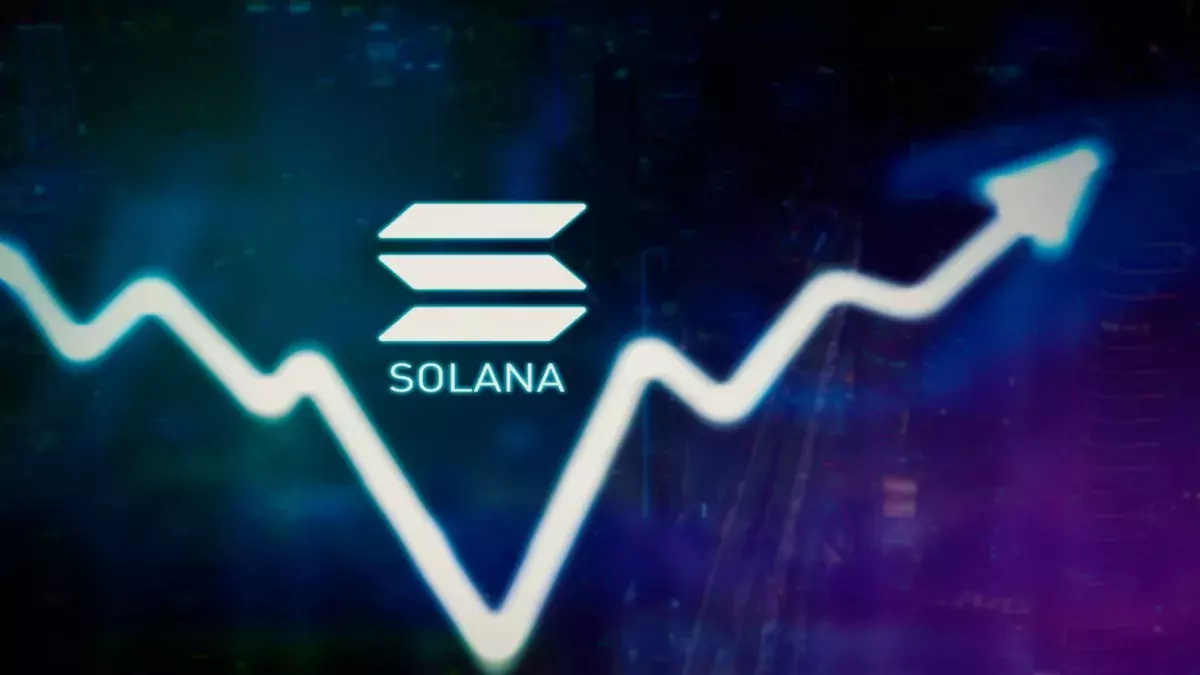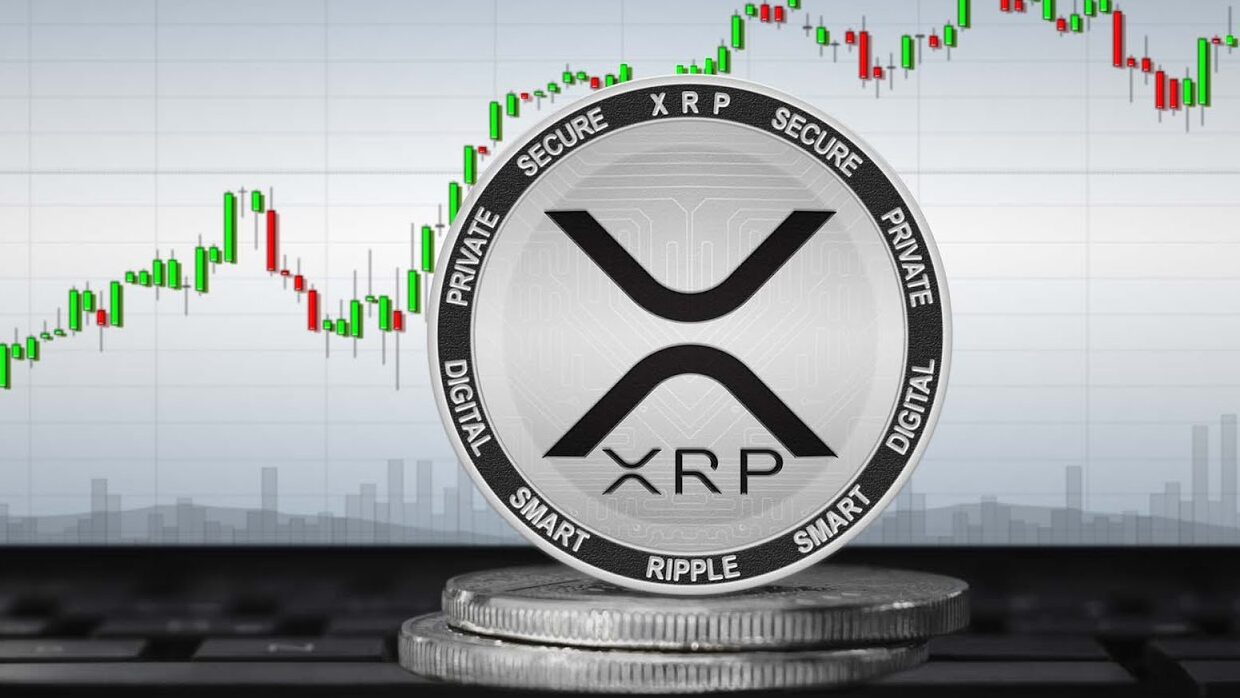Anchorage Digital’s Jupiter Integration on Solana

Institutional investors have long wanted safer, more compliant ways to participate in decentralized finance without sacrificing speed, liquidity, or user experience. Anchorage Digital’s integration of Jupiter—the leading Solana DEX aggregator—directly into Porto, its institutional self-custody wallet, is a watershed moment that closes that gap. The move allows asset managers, protocols, funds, and corporates to access best-execution token swaps and deep liquidity on Solana while remaining inside an environment built for institutional controls, auditability, and security. Early coverage confirms that Anchorage Digital will incorporate Jupiter’s swap and liquidity routing into Porto, explicitly expanding institutional access to Solana DeFi and making high-throughput, low-fee trading workflows possible from a compliance-first wallet.
What elevates this news beyond a routine product update is that Anchorage Digital already operates the only federally chartered crypto bank in the United States and has been steadily deepening Solana support—most recently by enabling JitoSOL liquid staking with institution-grade mint and redeem flows. Layering Jupiter on top of that foundation doesn’t just add a new button inside a wallet; it connects regulated custody and self-custody with Solana’s most liquid on-chain execution venue, under a single operational roof.
What Is Anchorage Digital’s Porto—and Why Institutions Care
Porto is Anchorage Digital’s institutional self-custody wallet. It’s designed so that organizations can hold their own keys while still benefiting from Anchorage’s security architecture—air-gapped, FIPS-140 compliant HSMs, policy controls, and comprehensive authorization workflows—and integrate with DeFi protocols without duct-taped browser wallets. For institutions that must document every step of an on-chain action, Porto centralizes governance, approvals, and transaction transparency while connecting to trading, staking, and other protocol-level activities.
This “your wallet, our security” approach has been years in the making. Anchorage Digital has published standard-setting custody guidance and operates a platform that merges regulated custody, settlement, staking, and trading into a single stack. As institutions expand their on-chain mandates, that convergence is precisely what lets them move at crypto-native speed without compromising on risk management.
Jupiter on Solana: The Liquidity Router Institutions Already Needed
Jupiter is Solana’s largest DEX aggregator. It routes orders across multiple liquidity sources and AMMs to deliver the best available pricing and minimal slippage, while supporting advanced order types. For institutions, the important part isn’t just better swap prices; it’s predictable execution and deep liquidity on a chain known for low fees and high throughput—a combination that enables new market-making, treasury, and rebalancing workflows that were impractical on slower, costlier networks.
By embedding Jupiter’s routing directly within Porto, Anchorage Digital gives teams a way to source Solana liquidity in a single, policy-controlled environment, minimizing operational risk from juggling multiple wallets, extensions, or ad-hoc connections.
How the Anchorage–Jupiter Integration Changes Institutional Workflows
End-to-End Execution Inside a Single, Controlled Perimeter
Before this integration, a typical institutional desk had to bridge between a custodian and a separate DeFi interface, often relying on browser wallets, side-cars, or integrations that complicated compliance and key management. With Porto + Jupiter, trade construction, policy checks, signature authorization, and settlement all occur under unified controls. That reduces operational overhead, simplifies audit trails, and supports the kind of segregation-of-duties model that compliance teams require.
Best-Execution Swaps With Solana-Native Performance
Jupiter’s meta-routing finds optimal paths across Solana DEXs in real time. Institutions benefit from tight spreads and lower price impact, especially on larger orders that would otherwise fragment across pools. Combined with Solana’s throughput and fees, desks can rebalance portfolios, manage basis risk, or migrate liquidity on short notice—without absorbing prohibitive gas costs.
Compliance, Controls, and Security by Default
Because this functionality is surfaced through Porto, admins can enforce transaction policies (limits, whitelists, multi-approvals), log every action, and retain key custody under HSM guardrails—controls that are difficult to replicate with retail-grade wallets. When trades are initiated, the same institutional policy engine governs them, preserving the chain of control from intent to signature.
Building on a Solana Strategy: From Staking to Liquidity to Derivatives

The Jupiter integration is the latest step in Anchorage Digital’s broader Solana roadmap. In recent months, Anchorage enabled JitoSOL liquid staking for institutions—including mint and redeem operations supported directly through the platform—so that treasury and strategy teams can earn staking yields with compliant lifecycle management. That capability dovetails with on-chain liquidity: teams can now rotate between liquid staking tokens and base SOL, or adjust positions as strategies evolve, all from Porto.
Anchorage has also been adding DeFi execution rails beyond Solana. The firm announced Uniswap Labs’ Trading API integration to bring native on-chain liquidity into Porto, signaling a longer-term plan to aggregate high-quality liquidity endpoints while maintaining standard institutional safeguards. The Jupiter addition brings that same vision squarely to Solana—where throughput and fees make sense for frequent rebalances and cross-asset routing.
Use Cases That Open Up With Jupiter Inside Porto
1) Treasury Management and Stablecoin Routing
Crypto-native treasuries, foundations, and DAOs often need to optimize stablecoin holdings across USDC, USDT, and other Solana assets, sometimes tied to programmatic disbursements. With Jupiter’s routing, a treasury can swap stablecoins at best execution while staying within Porto’s policy and logging framework—exactly what auditors want to see during year-end reviews.
2) Basis Trades and Strategy Rebalances
Quant funds and market-neutral desks need to rebalance inventories across multiple Solana markets, shifting exposure efficiently as correlations and liquidity move. Porto’s integrated swaps provide low-friction adjustments without leaving the controlled environment, while Solana’s speed ensures that slippage and timing risk remain manageable even during volatile windows.
3) On-Ramp to Liquid Staking and Yield
With JitoSOL mint/redeem already supported institutionally. Desks can enter or exit liquid staking positions and hedge around them using Jupiter-routed swaps, all within Porto. This lets compliance teams treat staking and liquidity as a single operational domain, not two separate flows stitched together with browser wallets.
Why Institutions Trust Anchorage for On-Chain Access
Anchorage Digital isn’t just a wallet provider; it runs the only federally chartered crypto bank in the U.S., A point underscoring the firm’s focus on regulatory compliance and operational rigor. Its platform combines custody, staking, trading, and settlement into an institution-grade stack. When DeFi integrations arrive, they arrive with the guardrails that institutions expect. HSM-secured key management, robust policy engines, and full auditability.
In parallel, Porto has been positioned from day one as a self-custody extension of that stack. So customers who must hold keys themselves can still operate. Within Anchorage’s security envelope and connect to on-chain protocols without the brittle tooling of retail wallets. The Jupiter integration simply plugs Solana’s premier liquidity router into that architecture.
Why This Could Set a New Standard
Institutional wallet providers increasingly promise “DeFi access with controls.” What differentiates Anchorage Digital is the tight integration with a regulated bank. An institutional self-custody wallet, and native DeFi rails—all oriented around policy-driven execution rather than ad-hoc connections. By adding Jupiter, Anchorage turns Solana’s liquidity superhighway into an enterprise-grade lane with best-execution routing and complete administrative oversight. This may push the broader market to raise its bar on compliance-ready DeFi.
What Professional Desks Should Evaluate
Even with an integration this compelling, professional desks should still evaluate liquidity fragmentation. Slippage on large tickets and counterparty concentration within Solana’s DEX ecosystem. The fact that Jupiter aggregates across venues mitigates much of that risk, and Porto’s policy controls help contain operational exposure. Still, risk managers should test execution under stress, map routing behaviors across market conditions, and ensure internal policies. Align with Solana’s settlement finality and custody workflows.
Institutional-Grade Liquidity, Solana-Native Performance

Anchorage Digital’s Jupiter integration is more than a convenience feature. It’s a structural bridge between institutional-grade controls and Solana’s fastest liquidity, delivered inside Porto’s security perimeter. Coupled with Anchorage’s JitoSOL support and prior DeFi integrations. The announcement signals a new operating model for institutional DeFi: execute, stake, and manage positions inside one compliance-first workflow. At the speed and cost profile that only Solana currently offers.
Also Read: DeFi Technologies Acquires Stillman Digital to Expand Reach
Conclusion
The integration of Jupiter into Porto compresses what used to be a complex. Multi-tool institutional workflow into a single, auditable, high-performance trading experience on Solana. For desks that demand best execution, tight operational control, and regulatory alignment. This is the template for how institutional DeFi should work. With JitoSOL lifecycle support, Uniswap’s Trading API on other networks, and now Jupiter on Solana. Anchorage Digital is positioning itself as the default enterprise gateway to on-chain liquidity. If your mandate includes Solana exposure, this is likely the most compliant, scalable path to get it done.
FAQs
Q: What exactly did Anchorage Digital announce?
>>>>Anchorage Digital is integrating Jupiter’s Solana DEX aggregation into Porto, its self-custody wallet for institutions, enabling native best-execution token swaps and liquidity access under institutional controls.
Q: How is this different from using a retail wallet with Jupiter?
Jupiter’s routing inside that framework—eliminating brittle, multi-tool workflows.
Q: Does Anchorage support Solana staking as well?
JitoSOL liquid staking, including operations for institutions, allowing yield strategies to live alongside liquidity management in Porto.
Q: Why choose Solana for institutional DeFi execution?
>>>>Offers high throughput and low fees, which, combined with Jupiter’s aggregator, provide tight spreads and fast settlement—ideal for rebalancing, routing, and programmatic treasury operations.
Q: Where can I learn more about Jupiter and Porto?
You can explore Jupiter’s official site for aggregator details and Anchorage’s Porto pages for wallet architecture and security posture. Together, they outline how best-execution routing and institutional controls now coexist.




